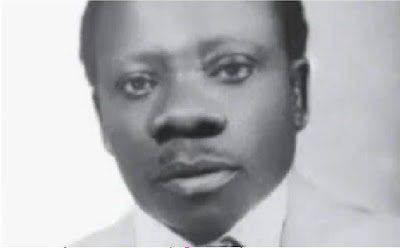There’s been a
conference held in France this week and the conference was focusing on
neocolonialism and anti-colonialism. And I found it a little bit ironic
that the French should hold this kind of event, though they are now
closely engaged in Mali. So, do you think that the issue of
neocolonialism is really hot on the agenda or perhaps it is a more
theoretical stuff?
If we talk about the
theoretical issue of the different aspects of colonialism, you have the
ancient type of colonialism and the neocolonialism which is widely used
after the liberation movement in Asia and Africa and it meant of this
kind of economic and political influence or dominance of the European
powers over the new entities or new independent states in Africa and in
Asia. But now the issue, if it is relevant to Africa in practice, we
have a new issue which we describe as a new scramble for Africa. So, it
reminds us about the first scramble for Africa in the 19th century when
the European powers met in Berlin and many European capitals decided to
divide Africa among themselves. Now, the new type of scramble is for
mineral resources.
So, you have newcomers, you have
China, you have this new economic powers like Brazil and so it is not
only the Europeans this time, but the new factor here, regarding the
ancient European powers like Britain and France, is that they try to
create a new atmosphere to militarize this new scramble for Africa. This
is why we can see why the West intervened militarily in Libya and now
France decided to intervene in Mali. So, you can see this as an attempt
to militarize the competition among these new powers and ancient powers
to dominate the natural resources in Africa.
If you take
the case of Mali, so Mali is important because of uranium. It is very
rich in mineral resources and in Europe now they are using uranium in
energy, in Europe they are turning it into atomic energy to produce
electricity and power. So, now we can understand why France intervened
in Mali. And last month, in February, the Obama Administration decided
to send 100 military personnel to build a permanent military base in
Niger in order to use drones against what they call the terrorist
suspects in the area.
So, I guess we can see a new Cold
War where each party tries to maximize its benefits on the land using
whatever means they can use. So, the umbrella here is the war against
terror, the umbrella here is to intervene to support the indigenous
people or the local people. But the main goal of the Western powers is
to guarantee their access to natural resources in Africa. Here we call
it - it is not a mere theoretical neocolonialism, it is a new division
of power in Africa again.
Sir, but what can African governments do to prevent this kind of scenario or is it now too late to talk about that?
The
difference between the first scramble process in the 19th century and
the second scramble for Africa in the 21st century is that they use
African military as agents, because now if you look at the case of Mali,
they are not intervening directly in many cases. They use the African
military to intervene and they support them logistically and financially
because the Africans, they cannot do it alone. So, they need the
Western support in their national politics. In this is one of the main
differences – they use the Africans themselves in order to achieve their
goals.
Number two, there is a kind of coordination
between the Western, when I say the Western, I mean Europe and America,
in order to share the African cake. So, it is not a matter of individual
partition of Africa - this part belongs to France, or the other one
belongs to Britain - but in the same area they can have a kind of
influence sharing. So, you have the French administration and the
British administration coordinating their efforts in order to guarantee
or support their goals in Mali. So, it is not a unilateral issue as it
was before. Now you have this kind of gentlemen’s agreement between the
European powers in order to coordinate their advice in this new scramble
for Africa.
If you look at the European Union it itself
and its stance on the conflict in Mali - what they are looking for, for
example with illegal immigration from Africa or fighting drugs and
terror, they are looking at the conflict from their own perspective,
from their own interests, not for the sake of the people of Mali or
Africa. This is what is going on in Africa and this is why I do prefer,
like the others, to call it a new scramble for Africa, because it is not
a neocolonialism, but it is reminding us of a traditional case of
colonialism or of partition of Africa.
Africason
Africason is a die-hard believer in Africa.
Facebook: facebook.com/AfricanSchool








Comments
Post a Comment